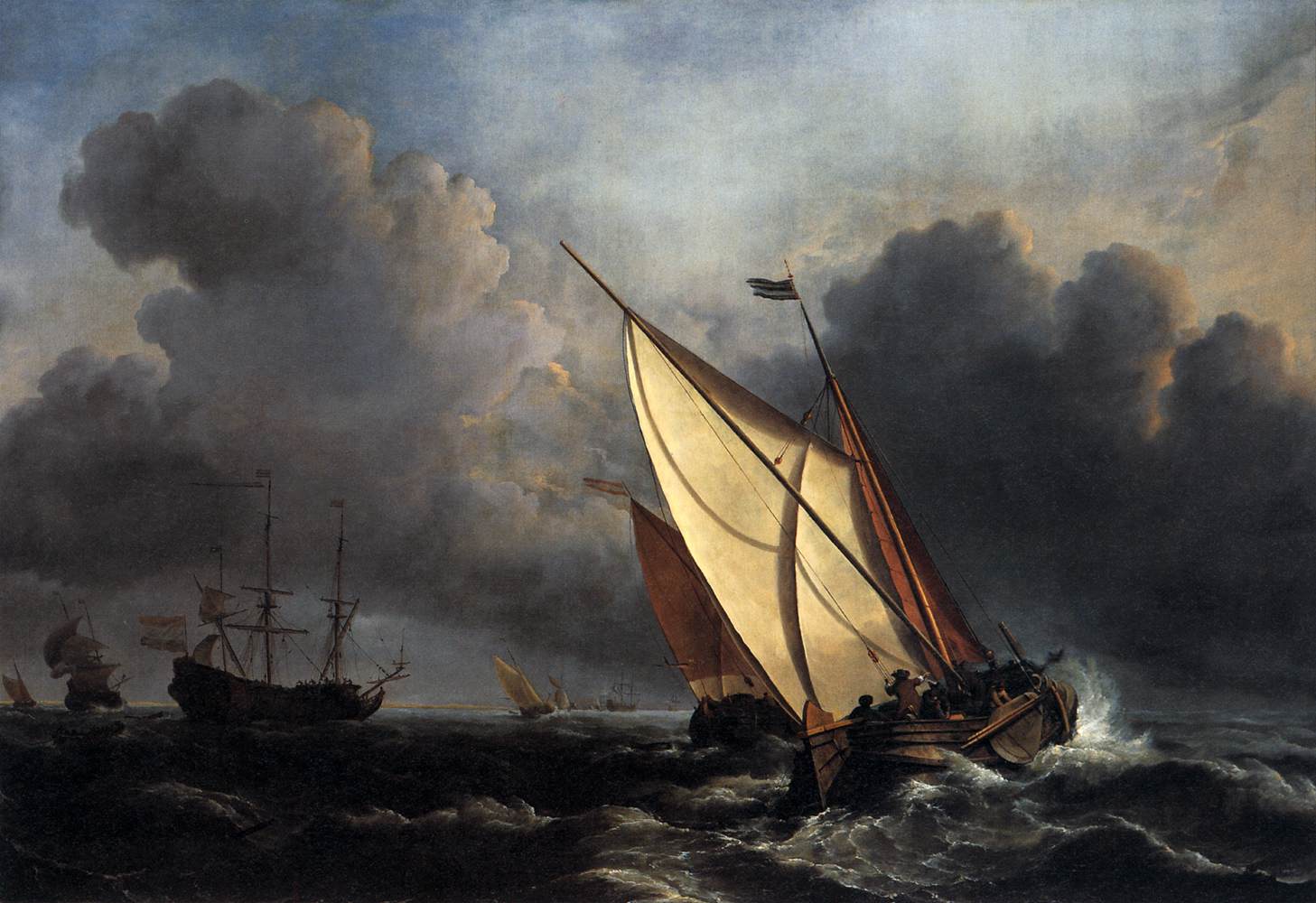“But here and there it shines out with a great and flashing beauty, like a light set upon a high place above the stormy or tranquil waters where we voyage. And the sceptic will say: is the beacon for me, is my haven there, in the harbour under that light may I come to my journey’s end?” – Paul Elmer More
Login to read more
Sign in or create a free account to access Subscriber-only content.
